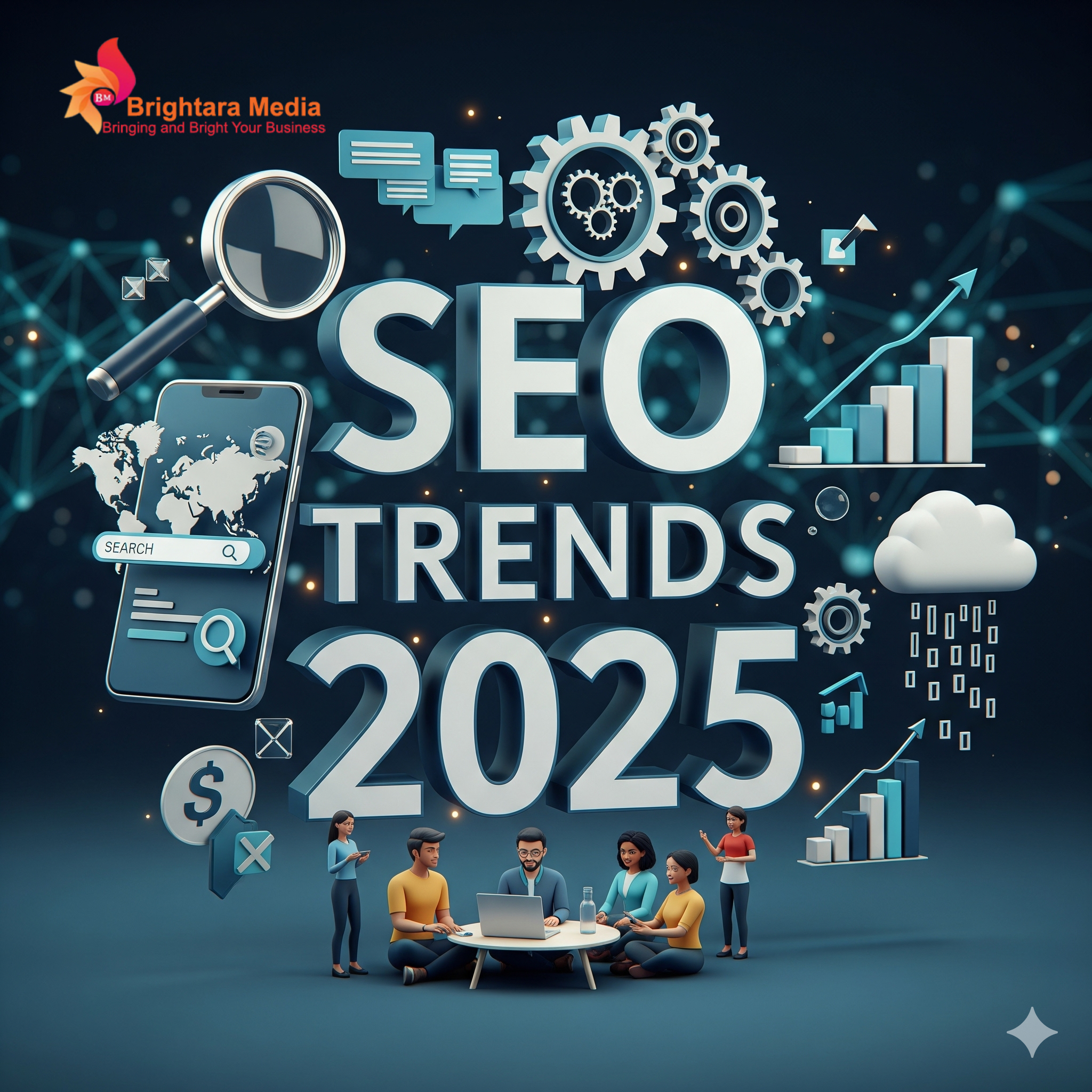AI: The Game-Changer in Digital Marketing



The landscape of Search Engine Optimization (SEO) is undergoing a profound transformation in 2025. Traditional strategies are giving way to innovative approaches driven by artificial intelligence (AI), evolving user behaviors, and shifting search engine algorithms. To stay competitive, businesses must adapt to these changes and embrace new methodologies. Here's an in-depth look at the key SEO trends shaping the digital marketing world this year.
Google's introduction of AI Overviews (formerly known as Search Generative Experience) has marked a significant shift in search results. These AI-generated summaries provide users with concise answers at the top of the search page, reducing the need to click through to websites. As a result, traditional SEO tactics focused solely on ranking high in search results are becoming less effective. Instead, businesses must now optimize
their content to be referenced by AI systems like Google's Gemini, Microsoft's Copilot, and Perplexity. This new approach, termed Generative Engine Optimization (GEO), emphasizes creating authoritative, well-structured content that AI tools can easily cite.
Google's E-A-T framework has evolved to include "Experience," placing greater importance on firsthand knowledge and practical insights. This shift underscores the need for content that reflects genuine expertise and real-world experience. Websites that demonstrate E-E-A-T are more likely to be favored by both search engines and users, as they provide valuable and credible information.
With the proliferation of voice-activated devices and AI assistants, users are increasingly conducting searches using natural language and conversational queries. Optimizing content for voice search involves focusing on long-tail keywords, question-based phrases, and providing clear, concise answers. This approach aligns with the growing trend of conversational AI interfaces and enhances the likelihood of appearing in voice search results.
Search engines are placing greater emphasis on user experience as a ranking signal. Factors such as page load speed, mobile-friendliness, intuitive navigation, and accessibility are now critical components of SEO strategies. Websites that offer a seamless and engaging user experience are more likely to rank higher in search results, as they meet the expectations of both users and search engine algorithms.
As AI-driven platforms like ChatGPT, Claude, and Gemini become primary sources of information for users, a new discipline known as Answer Engine Optimization (AEO) is gaining prominence. AEO focuses on structuring content to be easily understood and cited by AI systems, moving beyond traditional keyword optimization. This involves creating content that addresses clusters of related questions and provides comprehensive, authoritative answers, thereby increasing visibility across various AI-generated responses.
Recent trends indicate a decline in traditional search engine traffic, particularly from Google, as users turn to AI-driven platforms for information. This shift is challenging businesses that rely heavily on search engine referrals. To mitigate this impact, companies are diversifying their digital marketing strategies by investing in AI partnerships, enhancing their presence on alternative platforms, and focusing on building brand authority to remain visible in the evolving digital landscape.
AI tools are increasingly being utilized to assist in content creation, from generating topic ideas to drafting articles and optimizing for SEO. Platforms like Wix have introduced AI features that can write complete SEO-optimized blog posts, including imagery. While these tools can enhance efficiency, it's essential to ensure that the content maintains originality and provides unique value to users. Over-reliance on AI-generated content without human oversight can lead to generic material that lacks engagement.
SEO in 2025 is no longer just about optimizing for search engines; it's about adapting to a dynamic digital environment where AI, user experience, and authoritative content are paramount. Businesses must embrace these changes by focusing on creating high-quality, user-centric content, optimizing for AI-driven platforms, and ensuring a superior user experience. By staying informed and agile, companies can navigate the complexities of modern SEO and maintain a competitive edge in the digital marketplace.